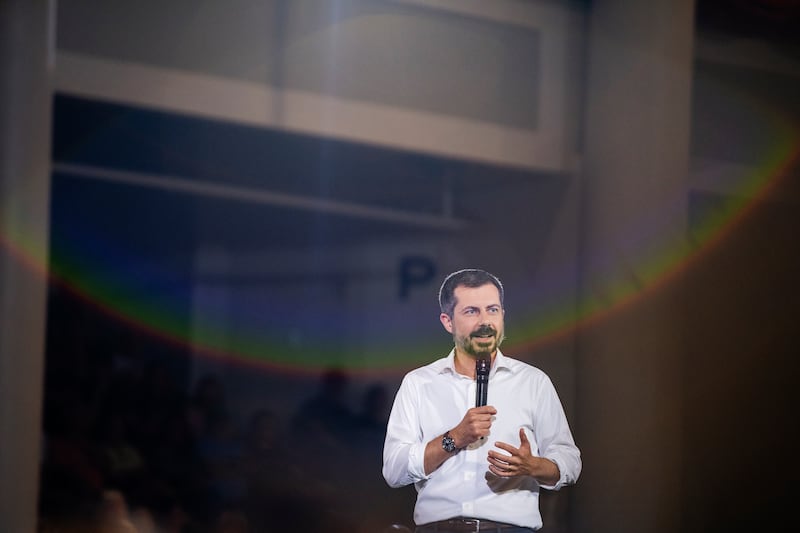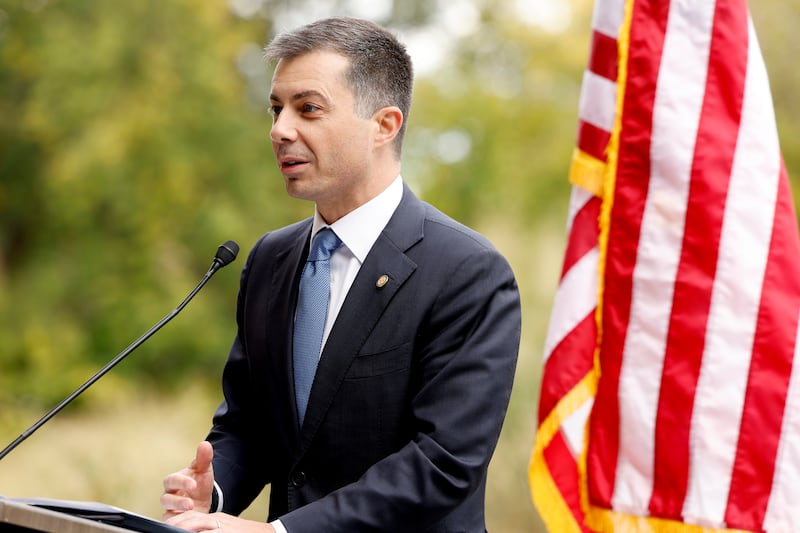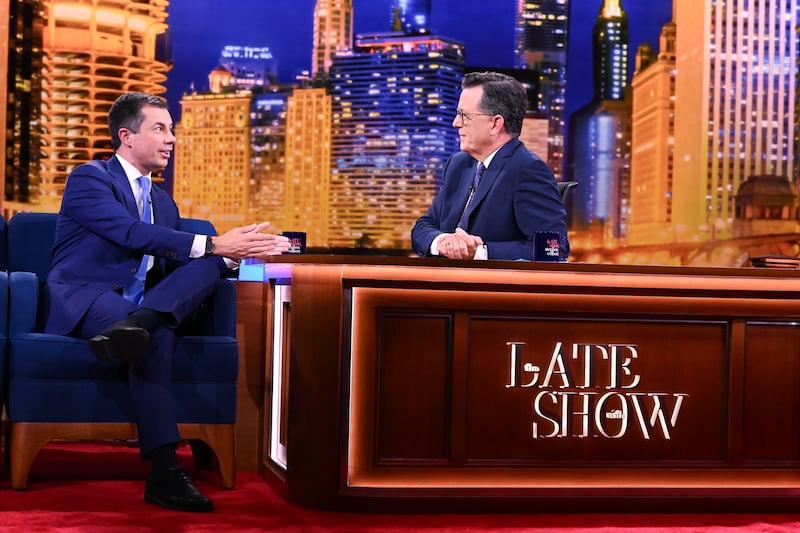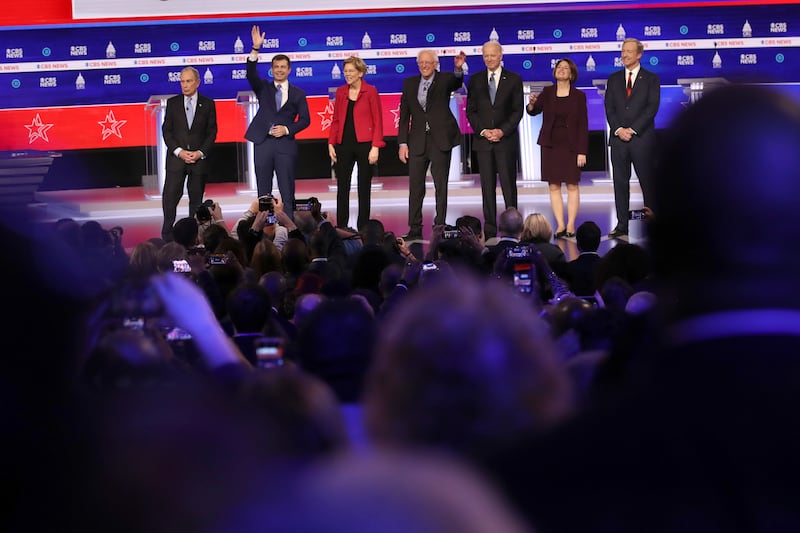Back in 2019, as the Democratic primary was just warming up, Pete Buttigieg was given a title he has never quite managed to escape: “Mayo Pete.”
A play on his much-touted experience as mayor of South Bend, Indiana, the nickname came from Black Twitter, that sharp, unruly, prophetic corner of the Internet where a joke is never just a joke, but often a judgment.

Many saw his cultural whiteness, mayonnaise on white bread. Others found his policies timid, his instincts managerial. And yes, some rejected him because he is gay. But the rejection was never only about prejudice. It was about suspicion. From the very beginning, Black Twitter was not buying what Buttigieg was selling.
Six years later, Pete Buttigieg is no longer a long-shot or small fry. He is a former Secretary of Transportation, loyal to Joe Biden, praised for his polish, applauded as one of the party’s strongest messengers. In early polls for 2028, his name rises. But the insurgent with a spark of danger has become a secretary whose answers sound scrubbed and staged, as though every word has been pressed through consultants until there is nothing left but shine.
That shine hides a deeper problem: Buttigieg’s strategy is too safe. Too tone-deaf. His advisers send him to “manosphere” conservative podcasts, as if crossing into those spaces is still brave. It is not. Those men do not live in a fact-based world. They will never vote for him. They cannot sharpen him. On the other side, he gravitates toward Pod Save America and lily-white liberal streamers with the patina of old-school respectability. Preaching to the choir may win polite applause, but it does not build the coalition he needs.

Real courage would mean going where he can be tested: in progressive spaces, yes, but more importantly, in Black spaces. Not just the Breakfast Club, a consultant’s checkbox, but the niche Black streamers, the community radio hosts, the pastors, the barbers. Because that is where trust is earned.
Incidentally, Pete, you’re always welcome on The Don Lemon Show.
And the numbers make plain just how urgent this is. In Emerson College’s June 24–25, 2025 national poll, zero percent of Black respondents—not a handful, not within the margin of error, but literally zero—said they would back him for the Democratic nomination. Zero. That is not a data point; it is an alarm bell. Donald Trump has more Black support than Pete Buttigieg.
Here is the cost of avoiding that fire: even among some of his most ardent early supporters, I hear new whispers of doubt. Pete has not helped himself. He faced backlash from his base after a July 28 NPR interview, where he said the inclusion of trans women in women’s sports raises “serious fairness issues.” The following week, he addressed the criticism on Substack Live, emphasizing compassion but reiterating the same framing. To many, it felt calibrated rather than courageous—the safest line, not the truest one.

Gavin Newsom stumbled into the same ‘both sides’ posture earlier this year after inviting MAGA bigots onto his podcast. He got roasted for it, and watched his approval ratings dip. But Newsom is a seasoned operator; he pivoted fast, embraced the fight and turned a misstep into a sharpening. It is better to rally your base by naming the common enemy than to waste time buttering them up. Newsom is finding support right now even from people who dislike his policies because at least he looks like a fighter, not a savior. Buttigieg has not yet shown that instinct.
What Black voters demand is not perfection. It is proof. Proof that a candidate can endure the storm America will unleash and still fight for them when the winds have torn everything else away. And I say this because I like Pete Buttigieg. I believe one day he could make a great president. But he does not need to be perfect.
That is the trap he, or his advisers, are falling into. To present him as if he were created in a lab, in a test tube, marked Sample Gay President. America does not need that. It needs someone real, someone willing to risk, someone willing to tell the truth. Someone with the personal and political instincts to not let his advisors over-protect him like a boy in a plastic bubble. Advisors don’t usually become presidents, especially now. Risk takers do.

Skepticism from Black voters is not prejudice. It is memory. It is wisdom. It is the scar tissue of a people who know better than to mistake polish for truth. And unless Pete Buttigieg can walk into that fire without handlers, without fear, without the mask of perfection, “Mayo Pete” will not remain a relic of 2019. It will become the epitaph of a campaign, a campaign that never dared to risk honesty, never dared to show its scars, never dared to be real.
One last truth: no Democrat wins the presidency without significant Black support. Not in the math, not in the map, not in the America we actually live in.
The post Opinion: It’s Time for ‘Mayo Pete’ Buttigieg To Find Some Seasoning appeared first on The Daily Beast.




